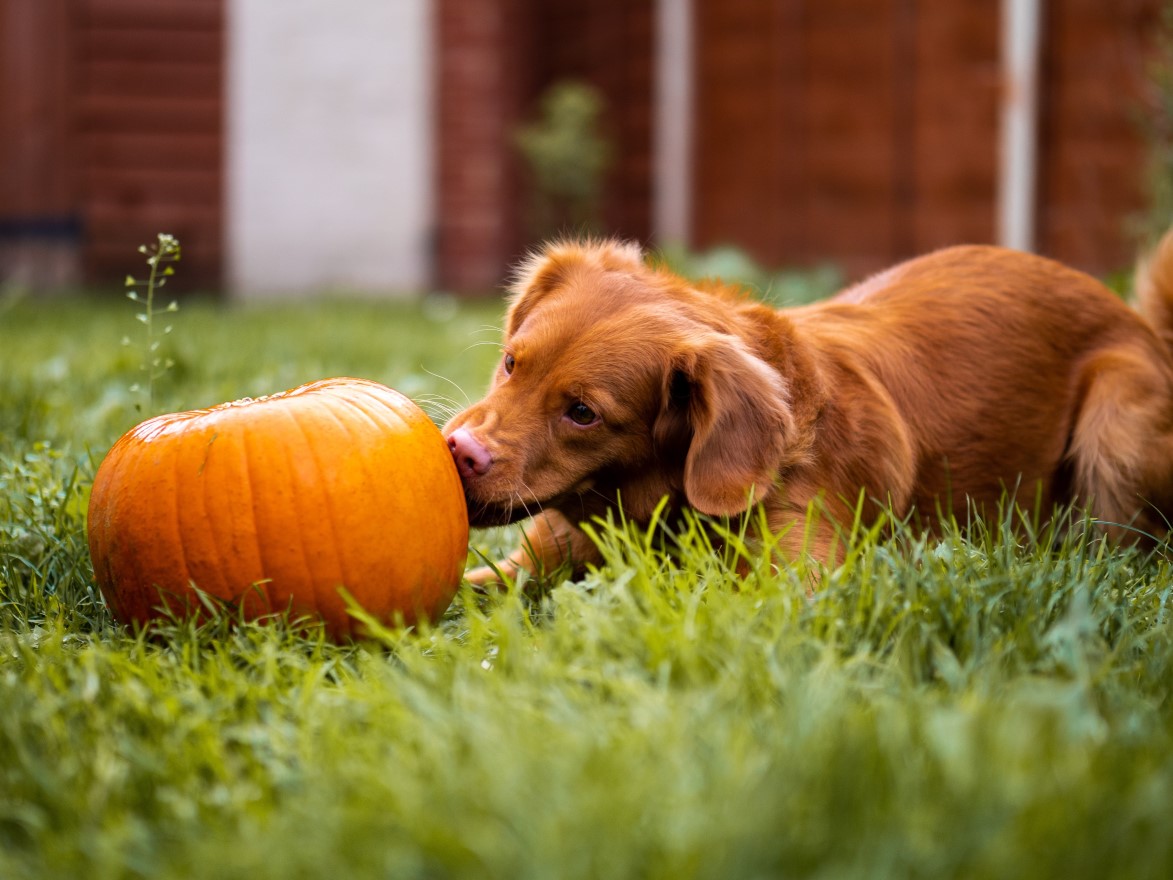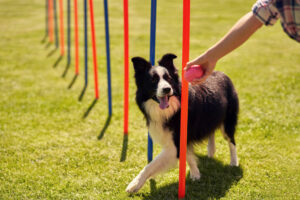It is no secret that most of us enjoy spoiling our four-legged friends from time. Dogs are omnivores, meaning they can consume both meat and vegetables.
But while fruits and vegetables are generally seen as healthy snacks for humans, it’s important to note that not all of them are.
In this article, we’ll answer the question, “Can dogs eat vegetables?” and which vegetables are safe for your pup to consume.
What Vegetables Can Dogs Eat?
In general, vegetables are a great source of vitamins and minerals that are beneficial to a dog’s health.
Many commercial dog diets contain veggies and fruits in addition to meat and grains. After all, manufacturers design these products to include all of the nutrients that a dog requires to be healthy. For instance, veggies are known to provide an excellent source of dietary fiber, phytonutrients, and antioxidants, all of which have the ability to combat illness.
They also include enzymes that help digestion and, due to their high water content, are a wonderful source of hydration.
So, can dogs eat vegetables? The answer is definitely yes. Here are some vegetables that can benefit your pupper.
Broccoli
Broccoli is high in fiber, vitamins A, C, E, and K, and has nearly no fat. Always cut the stalks into little pieces so your pet won’t choke on them.
Green beans
Green beans include nutrients such as iron and calcium. They are helpful for diabetic dogs because of their low-calorie and high-fiber content. Furthermore, green beans are a favorite of dieting dogs because they make them feel full, are low in calories, and are high in fiber.
Carrots
Carrots include beta-carotene, vitamin A, biotin, vitamin K, potassium, and vitamin B6.
Celery
Celery benefits health by being a low-fat treat high in vitamins A, C, and K. Furthermore, chewing on celery can help freshen your dog’s breath by scraping off plaque while they chew and boosting saliva production.
Kale
Kale has a reduced oxalate concentration and contains key antioxidants and minerals such as:
- Manganese
- Beta-carotene
- Calcium
- Iron
- Vitamin C
Pumpkin
Pumpkin helps with digestive problems and is packed with potassium, which helps to regulate blood pressure. It also contains dietary fiber and is full of vitamins A and C.
What Vegetables Can Dogs Not Eat?
There are also some fruits and vegetables that should be avoided when feeding your pet. These fruits and vegetables are not beneficial for their health and can even be toxic if consumed in large quantities.
Mushrooms
Wild mushrooms can poison dogs. While just 50-100 of the world’s 50,000 mushroom species are known to be toxic, those that are can cause serious harm or even death to your dog.
Onions, Leeks, and Chives
As members of the Allium plant family, onions, leeks, and chives can be extremely toxic to cats and dogs.
If ingested by your pup, these plants have been known to cause serious illnesses such as vomiting and diarrhea, gastrointestinal distress, general nausea, and even anemia due to red blood cells bursting.
Asparagus
While asparagus isn’t particularly harmful to dogs, there’s no need to feed it to them. It’s too difficult to consume raw, and by the time it’s soft enough for dogs to chew, the nutrients it contains have been depleted.
If your dog does not like veggies, you may still feed him fruits that have health advantages. Take a look at how delighted this dog is while eating its favorite fruit.
Conclusion
Can dogs eat vegetables? It’s safe to say that the answer is a resounding yes. That said, while dogs can eat vegetables, some can be toxic to them and should be avoided.
To learn more about what foods can benefit your dog, visit the PetFitness blog!








